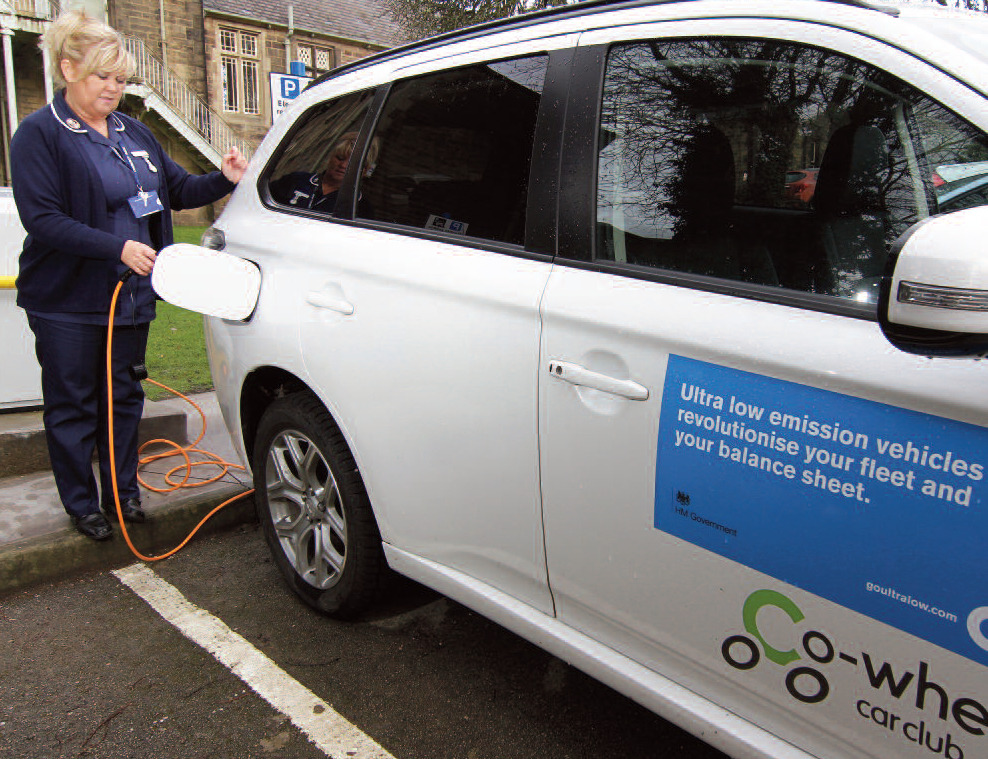The National Health Service could save as much as £414 million each year by 2020 through various resource and energy efficiency programmes, a new report has claimed.
The NHS’ Sustainable Development Unit’s report, dubbed ‘Securing Healthy Returns’, has been drafted to discuss the ways in which the NHS could further its current sustainability drive to deliver greater returns in the coming years.
The public body exceeded its emission reduction target for 2015 and also reported significant savings in the process.
In the last eight years, the NHS has invested more than £540 million on various efficiency frameworks, particularly in LED lighting, energy controls and improved insulation, but ultimately delivered £1.85 billion in savings through that investment.
The NHS also expects to save £190 million on its 2016 energy bill.
But these savings could more than double to £414 million per year if the service was to embark on a far greater rollout of efficient technologies, most notably Combined Heat & Power plants, biomass boilers and solar PV installations.
The figures above, taken from the report, denote energy efficiency measures in light blue and the bill savings they could provide in 2020.
Michael Brodie, finance and commercial director at Public Health England (PHE), said that there were “equally important financial and organisational reasons” for taking climate change seriously as there were legal and scientific reasons.
“In PHE, we have already saved millions of pounds and reduced our carbon footprint by rationalising processes and estate, empowering our staff and the public with the latest opportunities in IT. We will continue to work with our partners in health and local government to create the right conditions for a fair, healthy and sustainable future for us all,” Brodie said.
Sandra Easton, Healthcare Financial management Association and NHS Environmental Sustainability Special Interest Group chair, said that the NHS needed to “exploit the financial opportunities of being environmentally sustainable”.
“The future of the sector and the health and wellbeing of the public depends on us living within the limits of our available resources, but we can only do this if we are able to identify where we can at the same time save money and ensure the sustainability of our environment, on which all health depends,” she added.






